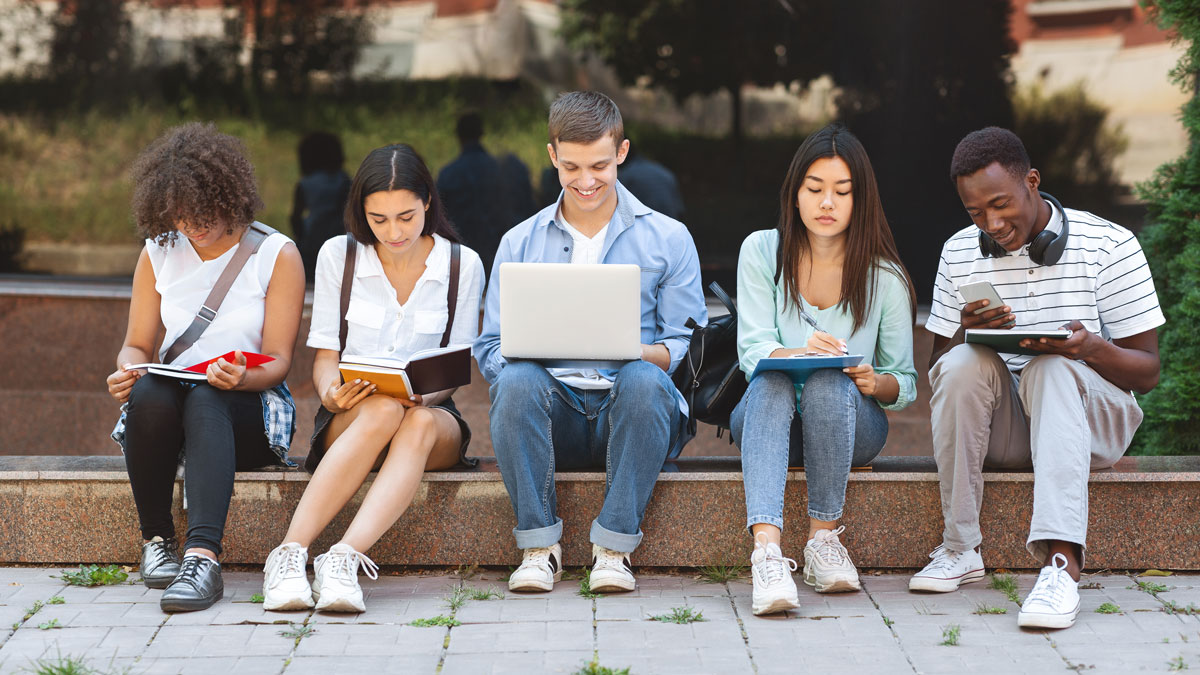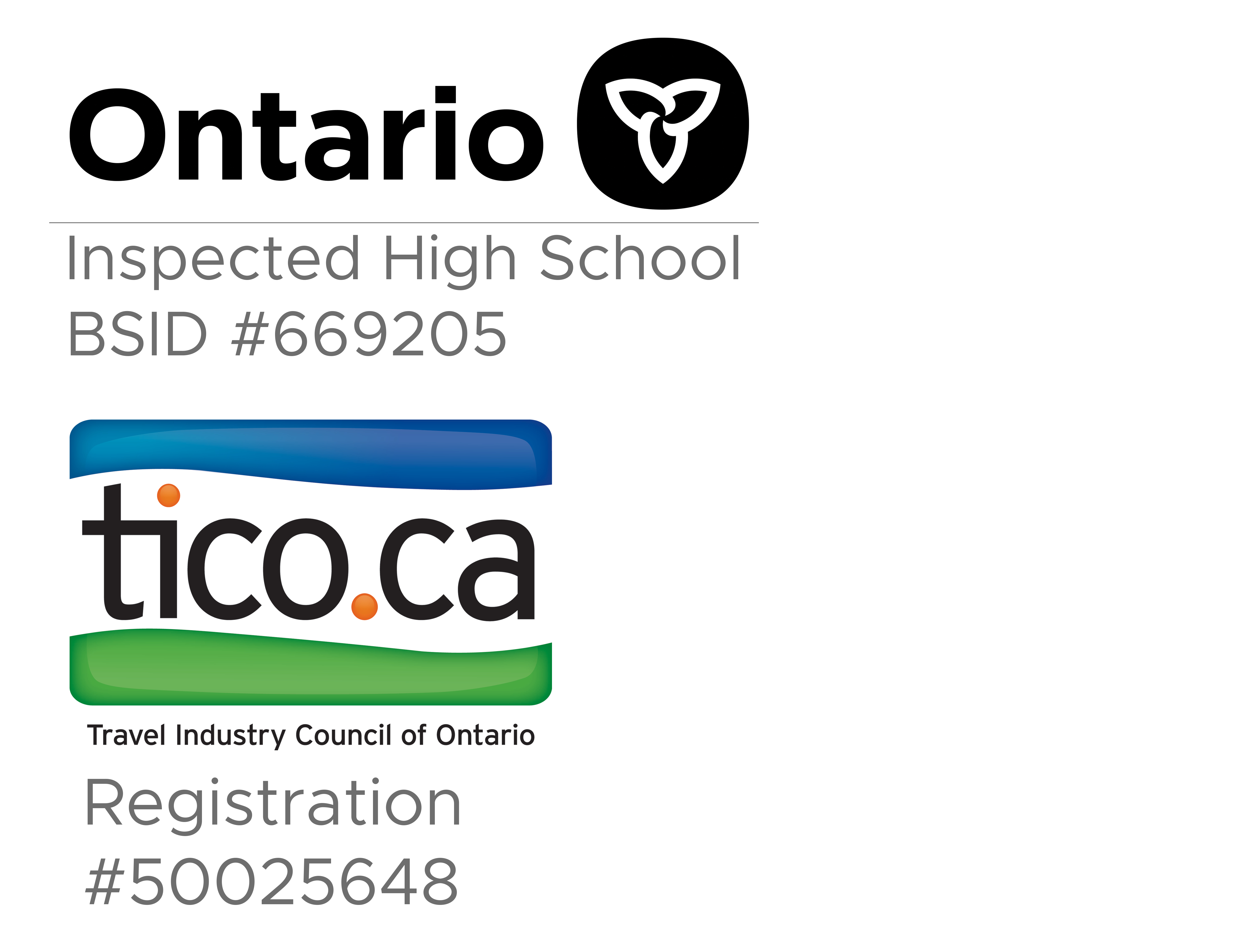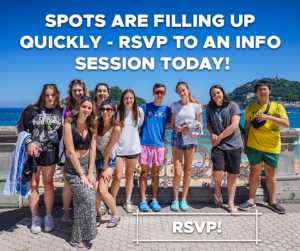What is experiential learning? Simply put, it’s the process of learning by doing. Experiential learning uses experiences to improve the learning process. Introduced by psychologist and educational theorist David Kolb, this method of education from experience helps students gain knowledge by using a more hands-on approach. By actively participating in what it is they are learning about. This engaging approach to learning offers 11 benefits.
1. Learning by Doing
Instead of simply sitting in a classroom, students learn more quickly by doing something. Using walking as an example, a baby learns to walk by simply getting up and trying. Their experience of falling and taking successful steps leads to an understanding of what works and what doesn’t, allowing them to learn how to avoid falling over. Not only do students learn the tasks at hand by doing them, but they also learn the skills of self-initiative and self-assessment.
2. Creating Relevance
The experiences in the learning process create a sense of relevance. Instead of sitting in a classroom listening to a teacher, students’ minds are engaged when they are actively participating. They interact with information instead of being fed information. They then need to find a way to digest it. Participating offers real-world experiences, so they see the information in context with society.
3. Stimulates Creative Problem Solving
Through experiential learning, students have the opportunity to be more creative. They face situations where problem-solving is constantly tested, allowing them to use their creativity to resolve issues. This engages the brain’s creative side and improves confidence as they learn to solve problems with their own solutions.
4. Time for Reflection
Instead of passive reception of information, this approach to learning allows students to engage their reflective observation skills. Because many classes combine concrete experiences and abstract concepts, reflection on what happens requires more areas of the brain to engage. This creates a more personal connection in the learning process as students analyze how their actions impact outcomes. They can also see how other student’s results compare to their own, and also learn how their outcomes might be achieved using the same actions in different situations.
5. Learning by Mistakes
As with a baby learning to walk, experiencing mistakes plays a crucial role in the learning process. When we can see what doesn’t work, we avoid those actions and look for better ways to perform or react in certain situations.
Trying different solutions with some working and others not working provides more confidence and also teaches students that mistakes shouldn’t be feared. It also improves retention for students who remember the right ways to do things due to experiencing the negative outcomes when they make mistakes.
6. Quicker Learning
Through practicing experiences, students learn more quickly. This is because it helps strengthen neural connections in the brain, making us smarter. When students have hands-on experiences, it helps them learn important skills including problem-solving, and decision-making. As a result, students learn quickly and also retain information well.
7. More Career Focused
Instead of entering the workforce with only experienced learning, students are better prepared to face their careers with practical experience, in theory. That also helps them discover whether their career goals make sense based on their experiences. Children born at the late end of the 20th century and onwards will have as many as five careers in their life.
However, if they participate in real-life situations, they develop skills and nurture their passions, allowing them to make better decisions regarding their career aspirations. As a result, they have a defined path that will enable them to pursue their goals when they graduate, whether furthering their education, pursuing their careers, or even switching their career plans.
8. Improves Maturity
When students experience more as a student, it can help them become more mature. Working in groups, for example, teaches students how to work with others, develop plans, and recognize their strengths and weaknesses. As a result, they develop critical thinking techniques and learn how to adapt as circumstances change.
9. Development of “Soft Skills”
As with the above, increased interactions through experiential group work also helps teach students soft skills. These skills have become important to employers who understand how soft skills enable people to perform their jobs more efficiently and effectively. Skills such as teamwork, communication, problem-solving, and decision-making contribute to a more productive modern workplace. Even growth in soft skills such as adaptability and empathy have become more valuable in today’s workplace.
10. Improved Grasp of Concepts
Classroom teaching can make it difficult for many students to grasp concepts fully. When students can apply information to a more active situation, they interact with that information and see how it helps them achieve goals. That ties back to creativity, as information is put in a real-world context, and they can seek their solutions to complete hands-on tasks.
11. Improved Attitudes Toward Learning
Many students dislike school and the idea of learning. This is because they are fed information in a less than engaging way. With experiential learning, the focus is on creating experiences, so students are engaged and therefore more invested emotionally. They are more responsive and develop healthier, more positive attitudes towards learning as they see their skills and knowledge grow. They feel a sense of gratification towards their teachers and the whole learning process.
As you can see, experiential learning offers many benefits and increased opportunities for students. Experiential learning can only be incorporated by introducing more project-based learning and arranging more off-site school trips that offer new experiences. Workshops that bring experts into the class and oversee projects can also be very effective.
If you would like more information on experiential learning opportunities and student adventures, call Global Summers Academy at 1.844.357.2621 or contact us here.














